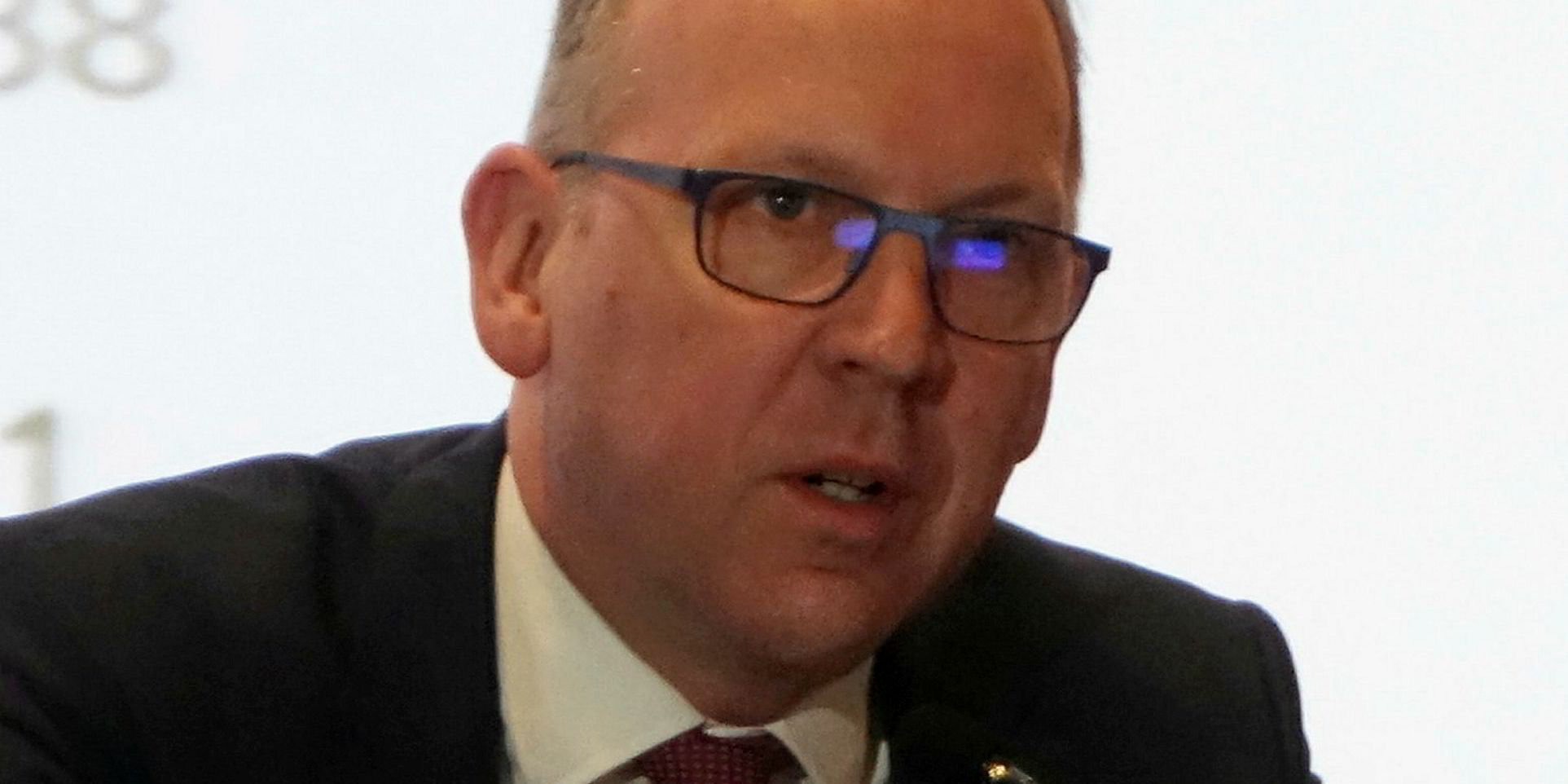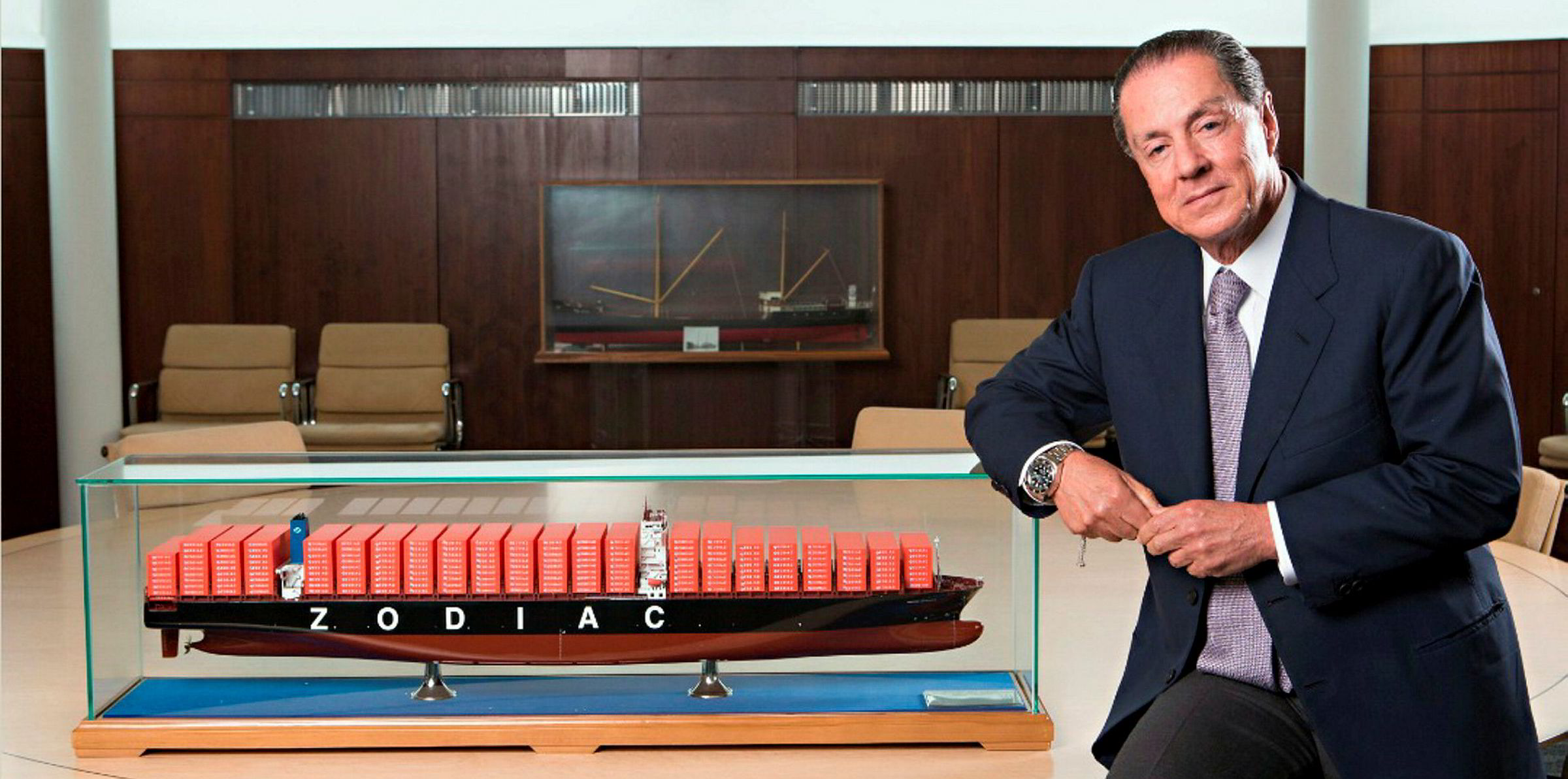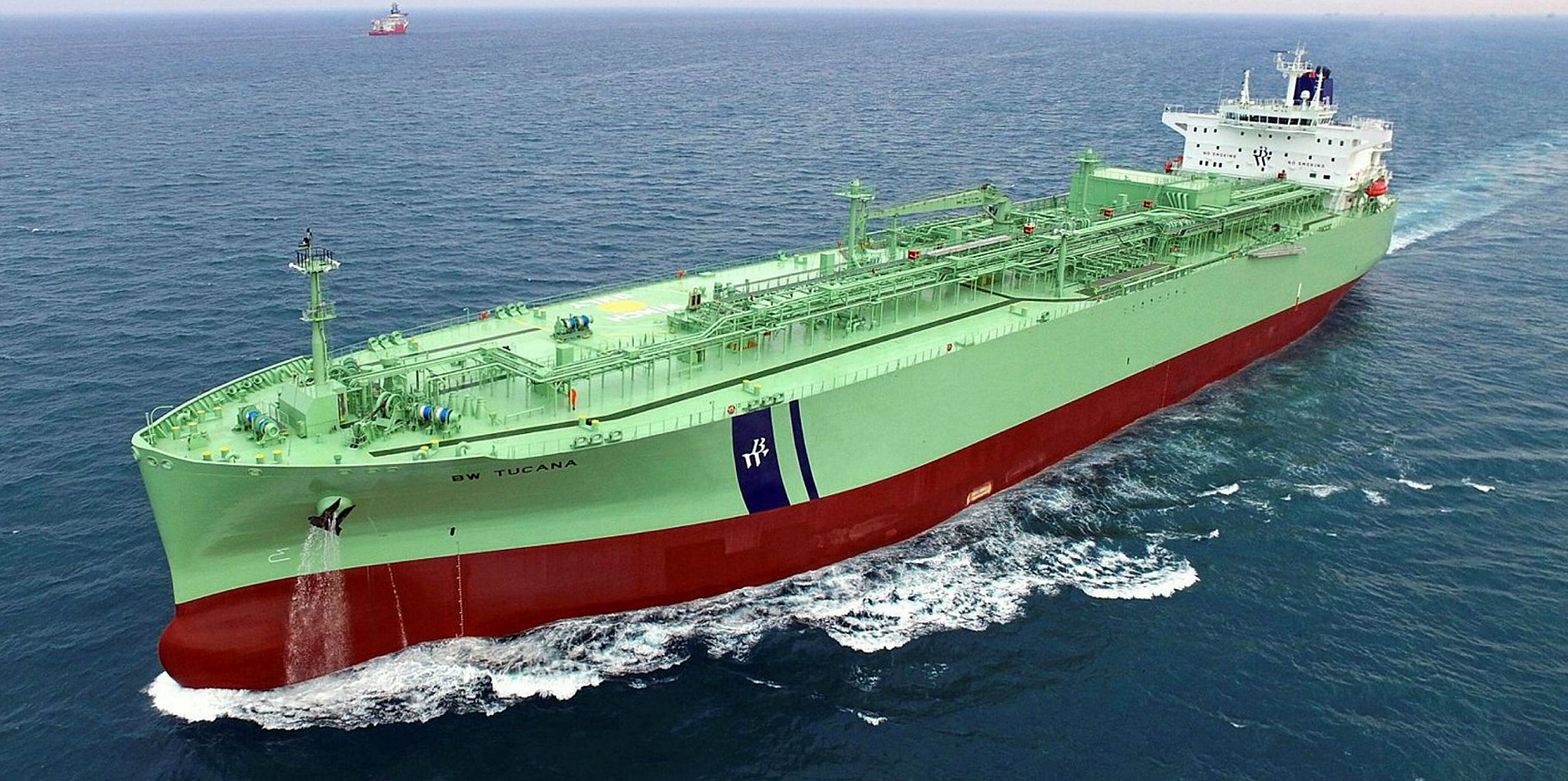Singapore LPG carrier owner Epic Gas has been hit by demand "headwinds" as it fell into the red in the fourth quarter.
The company said the net loss to 31 December was $1m as utilisation fell, against a profit of $0.9m in the same period of 2018.
Chief executive Charles Maltby said: “During 2019, the macro trends of increasing global supply of LPG, especially from North America, saw the global LPG seaborne trade increase by 5.3% to 104.5m tonnes, and net growth in the pressurised fleet after scrapping of 1.3% by capacity.
"However, irrespective of this macro picture and our ongoing year on year increase in revenues, the utilisation for our fleet experienced headwinds during the final quarter with reduced LPG export volumes for pressurised vessels in some regional markets, leading to lower earnings."
Its 44 ships brought in revenue of $43.1m, up from $39.3m in 2018, despite time charter equivalent (TCE) day-rates falling to $9,388 from $9,935.
Vessel operating expenses were higher at $17m, compared to $14.2m in 2018.
The full-year loss was $3m excluding one-off refinancing costs, against profit of $2.6m in 2018.
It has 37% of the fleet covered for 2020, at an average TCE rate of $10,668, up 6% year-on-year.
Weaker result than expected
Norne Research said the result was weaker than it expected, due to the reduced LPG export volumes.
"Still, the supply/demand balance remains promising and the overall outlook is positive, thus we will not change our estimates much post the report and our buy recommendation is likely to be reiterated," it added.
Epic said it had successfully navigated IMO 2020 to ensure its vessels are fully compliant.
It is now focusing on placing ships in markets where demand continues to increase.
Last year, the company refinanced 22 gas carriers, leading to annual savings of $4.1m.
The first quarter will see the full impact of this, it said.
It has no loans expiring until mid-2023.
"Along with the positive supply demand fundamentals for global LPG trade, we expect that these new regulations and compliance may drive higher scrappage rates of older vessels," the company said.
"We are well positioned with an efficient and sustainable younger fleet.”






